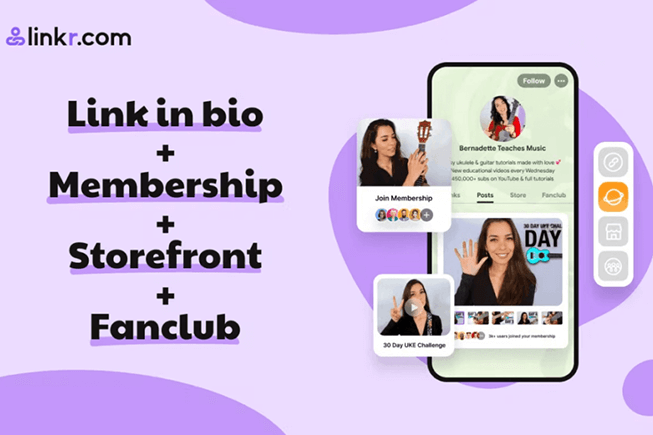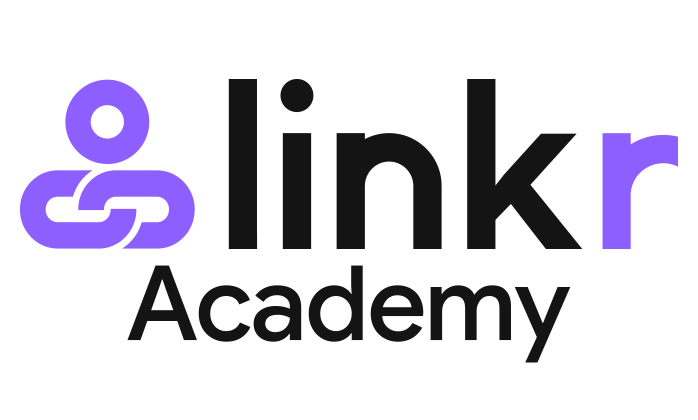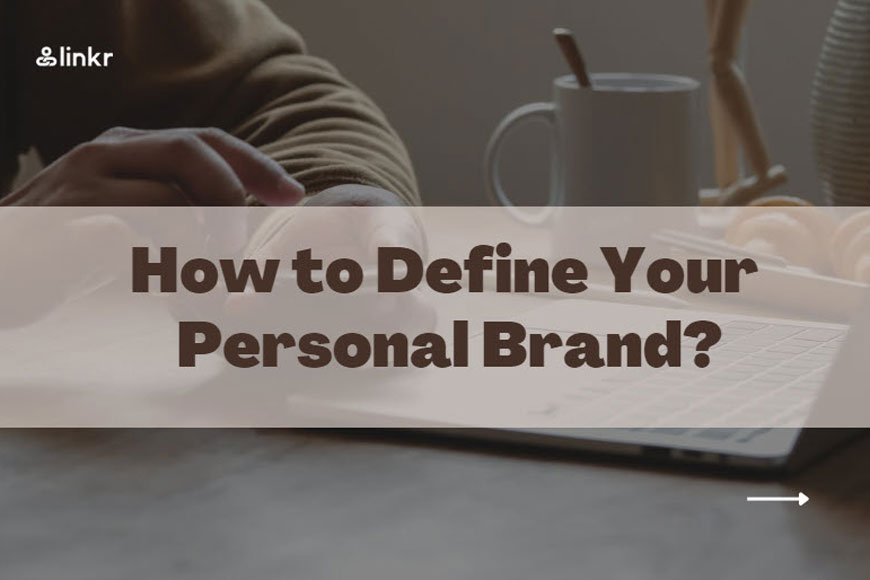How to Define Your Personal Brand
In today’s digital world, personal branding has become increasingly important for creators.
As a creator, your personal brand can be a powerful tool for establishing yourself as an expert, attracting new opportunities, and building a loyal following.
In this blog post, we will explore the key steps you need to take to define and build your personal brand.
Table of Contents
Personal brand definition

Personal branding is not just about creating a pretty logo and a cool website. It’s about understanding who you are, what you stand for, and how you want to be perceived by others.
A strong personal brand is based on authenticity and a deep understanding of your unique skills, values, and personality traits. Before you can begin building your personal brand, you need to have a clear definition of what it is and what it represents.
How to define and build your personal brand
Building a personal brand takes time and effort, but the rewards are worth it. Here are the key steps to get started:
1. Identify your unique skills, values, and personality traits

The first step in personal brand building is to identify your unique skills, values, and personality traits.
Take some time to reflect on what sets you apart from others in your field.
- What do you do better than anyone else?
- What values do you hold that are important to you and that you want to be known for?
- What are the personality traits that make you unique?
Answering these questions will help you develop a clear understanding of your personal brand and what makes you different from others in your field.
2. Define your target audience and what they are looking for

The next step is to define your target audience and what they are looking for.
Your target audience is the group of people you want to reach and engage with. Knowing your target audience will help you understand what they are looking for and what they value.
This will allow you to tailor your content, messaging, and personal brand to their needs and interests.
3. Determine the emotions you want to evoke
Once you have a clear understanding of your unique skills, values, personality traits, and your target audience, it’s time to determine the image you want to project and the emotions you want to evoke.
The image you project should be consistent with your personal brand definition and the values you hold. The emotions you want to evoke should be aligned with the image you want to project and the needs of your target audience.
4. Create a clear and consistent visual identity for your brand

A strong visual identity like “Linkr Purple” is a critical component of personal branding. This includes your logo, color scheme, typography, and other design elements that help you stand out and establish a professional image.
Your visual identity should be consistent across all your channels, including your website, social media profiles, and marketing materials.
5. Communicate your brand across all your channels
Once you have established a clear and consistent visual identity, it’s time to communicate your brand message consistently across all your channels.
This includes your website, social media profiles, email newsletter, and any other platforms you use to connect with your target audience.
Your brand message should be consistent and aligned with your personal brand definition and the image you want to project.
6. Establish yourself as an expert in your niche

Establishing yourself as an expert in your niche is critical to building your personal brand.
And creating high-quality content is a powerful way to establish yourself as an expert in your niche. This can include blog posts, videos, podcasts, social media posts, and any other type of content that showcases your skills and expertise.
To be effective, your content must be relevant to your target audience and provide value to them. It should also be consistent with your personal brand definition and the image you want to project.
Conclusion
In conclusion, defining your personal brand is an important step in establishing yourself as an expert in your field.
By understanding your personal brand definition, consistently creating high-quality content, and engaging with your target audience, you can build a strong personal brand that sets you apart from the competition.
To further support your personal brand-building efforts, we highly recommend using a platform like Linkr. Linkr is a powerful platform that helps creators promote their content across multiple channels. With its user-friendly interface, Linkr makes it easy to build and promote your personal brand.
So, if you’re looking to establish yourself as an expert in your niche and grow your personal brand, consider giving Linkr a try today!




